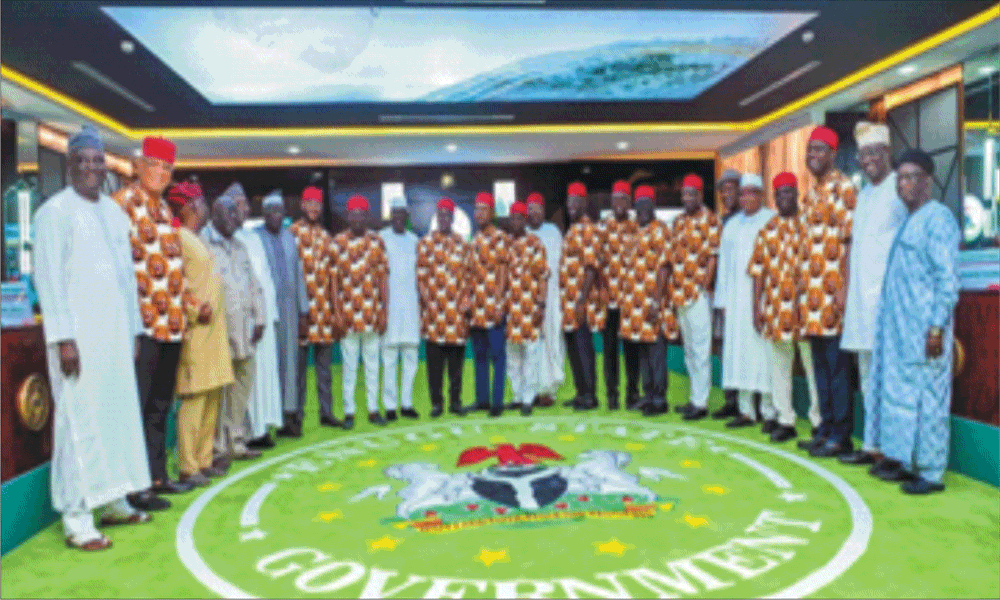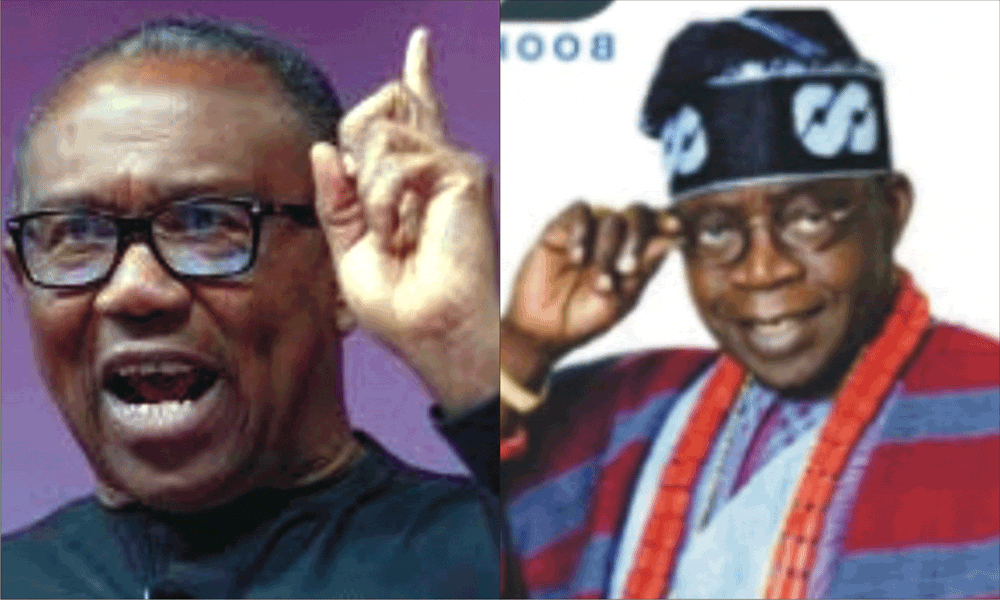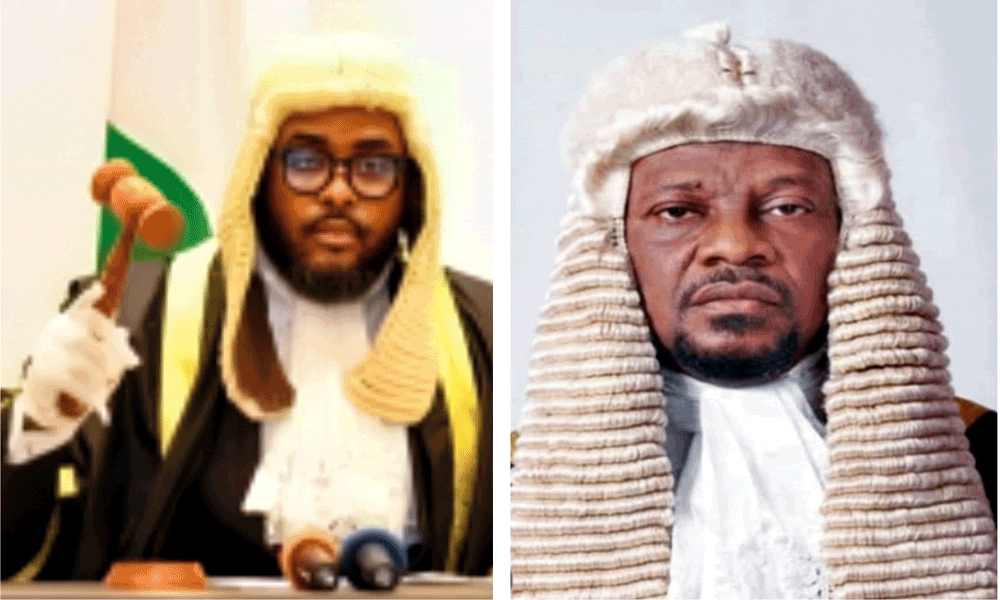Senate Makes Amendment To Electoral Bill
The senators made further amendments to Clause 84 of the bill, which deals with the mode of primary election to be used by political parties to select candidates.
In a brief deliberation on Tuesday, the Nigerian Senate made yet another amendment to the Electoral Act Amendment Bill.
The lawmakers amended the controversial Clause 84 of the bill.
The clause deals with the mode of primary election to be used by political parties to select candidates for elective offices.
In the bill earlier passed by the National Assembly in 2021, the lawmakers prescribed that political parties use only a direct mode of primary.
But President Muhammadu Buhari rejected the legislation citing insecurity, the cost of conducting direct primaries and infringement on the rights of Nigerians to participate in governance as his reasons for declining assent.
He had promised to sign the bill if changes are made to the clause, to include the addition of consensus candidates and indirect primary options to the mode of selecting a candidate for an election.
Last week, both the Senate and the House of Representatives amended the bill.
But while the Senate allowed for direct or indirect primaries or consensus as procedures for selecting candidates for elective offices, the House adopted only direct and indirect primaries.
But in the harmonised version of the bill considered by the Senate, the lawmakers adopted all three modes of primaries, with a clear definition of “how parties can use consensus to elect candidates.”
In a motion to recommit the bill to the Committee of the Whole, the Senate Leader, Abdullahi Yahaya, prayed that the Senate “rescind its decision on the affected clause of the bill as passed and recommit same to the Committee of the Whole for consideration.”
While he recalled that the president withheld assent to the bill based on his observation in Clause 84, the lawmaker noted that some fundamental issues, which require fresh legislative action by both chambers, emerged on the clause.
These issues, he said, necessitated a joint leadership meeting, in order to give Nigerians an enduring Electoral Act that can stand the test of time.
He prayed that the Senate rescinds its decision on the clause of the bill as passed and re-commit same to the Committee of the Whole for reconsideration and passage relying on order 1(b) and order 52(6) of Senate Standing Order.
In the Committee of the Whole, the lawmakers adopted a “harmonised version of Clause 84 of the bill” – with that of the House of Representatives.
Although details of this clause were not clear at the time of this report, the Senate President, Ahmad Lawan, announced that the amended Clause 84 of the bill deals with the nomination of candidates by political parties.
He said it is a harmonised report and “the House has the same report.”
“By passing the amendment to Clause 84 – the mode of conducting primaries by parties to produce candidates, we have concluded on our task on the amendment to the Electoral Act.
“The Senate and House passed the bill with (a) slight difference. While the house passed the mode to be direct and indirect, the Senate passed the mode to be direct, indirect and consensus.”
“What we have done is to give very clear and sufficient definition to each mode of primaries.
“And for the consensus, the two chambers have produced – in this bill – (a) very clear definition of how the consensus candidate will emerge,” Mr Lawan explained.
While he expressed satisfaction at the harmonisation and passage of the bill, he said he is optimistic that the president will sign the bill.
There was no reaction or contribution from any lawmaker as the senators unanimously adopted the recommendations.
After the House passes the harmonised version of the bill, it will be transmitted to the president for assent.



